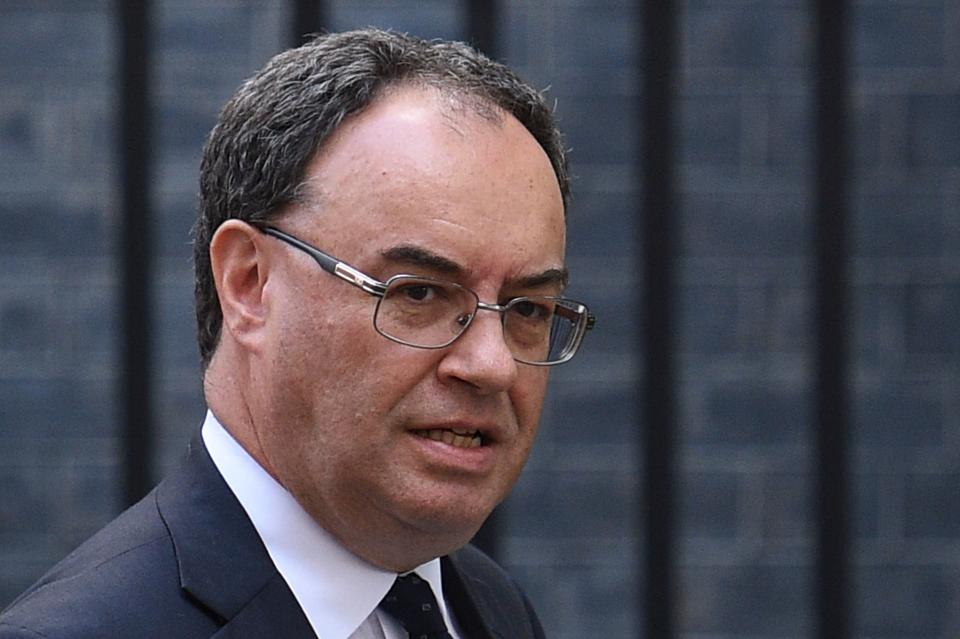New Bank of England chief flags emergency support for small businesses

The incoming Bank of England Governor has said Threadneedle Street will likely introduce extraordinary measures to tackle the economic impact of coronavirus, including emergency support for small businesses.
Andrew Bailey told MPs on Wednesday he would use the “full range of tools” to address the economic fallout of COVID-19.
“I think it’s quite reasonable to expect that we are going to have to provide some form of supply chain finance, in the not very distant future now,” he said.
Bailey said emergency financing would likely be required “to ensure that the effects of the shock from this virus are not damaging to many forms of activity, and probably particularly to small and medium sized firms.”
The Bank of England is already working on how to “target” support to ensure small businesses can continue to stay afloat if business dries up, Bailey said.
“We’re going to have to move very quickly to do that,” he told MPs.
The comments came as major High Street banks including RBS and Barclays began offering emergency loans to UK businesses disrupted by coronavirus, the Guardian reported.
Regional airline Flybe is also reportedly facing a cash crunch after a slump in bookings
Read more: Bank of England's Carney promises 'powerful and timely' coronavirus response
Bailey, who takes charge of the central bank on 16 March, said the economic fallout from COVID-19 “is going to be the first most pressing issue that we face.”
“It’s evolving very quickly and it’s evolving, in many ways, in unprecedented and unexpected fashion,” Bailey said. “We have to be very nimble.”
Bailey’s comments came during a grilling by MPs on the Treasury Select Committee, ahead of his appointment at the Bank of England later this month.
Asked if he would consider cutting interest rates, Bailey said there was not yet enough data to support a cut. However, he didn’t rule out an emergency cut in future.
Bailey said he had met with Chancellor Rishi Sunak to discuss a joined up response from both the Bank of England and the Treasury to coronavirus.
“We must act in a coordinated fashion,” Bailey said. “We can’t let our notions of independence get in the way of that.”
The Chancellor is set to deliver his first budget next Tuesday and could announce measures to combat a COVID-19 driven slowdown. G7 Finance Ministers said Tuesday they were coordinating an international response.
The global outbreak of novel coronavirus and efforts to contain it have caused huge economic disruption, including factory shutdowns across China and tanking global demand for tourism and air travel.
Read more: Coronavirus 'biggest threat to global economy since financial crisis'
Pantheon Macroeconomics on Tuesday cut its growth forecasts for the UK in the first half of the year due to coronavirus-linked slowdown. Samuel Tombs, chief UK economist at Pantheon, said the downgrade was driven by an expected decline in manufacturing and slump in consumer spending.
“We are taking the post-9/11 experience as our benchmark, given that this was a pure confidence shock, which did not result in widespread job losses in Britain,” Tombs wrote in a note sent to clients.
The OECD warned this week that COVID-19 is the biggest threat to global growth since the 2008 financial crisis and could slow GDP growth to 1.5% this year in a worst-case scenario.

 Yahoo Finance
Yahoo Finance 